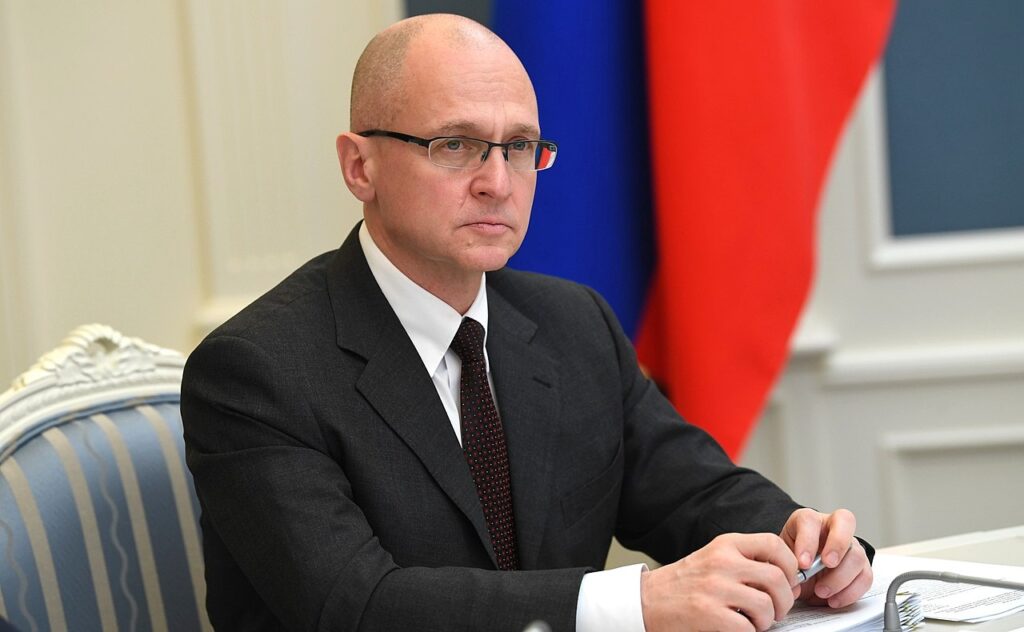Russia conducts large-scale psychological warfare in Europe, FBI dossier reveals
The FBI-obtained documents reveal Russia's extensive disinformation campaign aimed at winning over Europeans' hearts and minds, which entails manipulating UK, Italian, French and German officials, influencers and journalists.


Documents obtained by the FBI reveal that Russia is conducting psychological warfare in Europe, with the goal being to sow division, discredit the United States and undermine support for Ukraine, according to a host of Russian documents, memos and minutes from Russian psychological warfare meetings.
As reported by Politico, the Russian operation to win over Europeans’ hearts and minds entails manipulating German, French, Italian and UK politicians, businesspeople, journalists and other influencers.
The US government on 4 August indicted two Russian citizens and seized more than 30 internet domains related to a campaign to influence the elections in the US. But the trove of information filed in court by the FBI also revealed that Russia is conducting psychological warfare in Europe. The documents were obtained by the FBI and filed in a court affidavit as part of the indictments made on 4 August.
Social Design Agency
The 277-page dossier describes how Russia is planning to target Europeans. One memo from Russia’s “Social Design Agency” described a plan to target people via real posts and comments on social media to circumvent social media companies’ bot filters.
The Social Design Agency acts under the orders of Russian President Vladimir Putin’s deputy chief of staff Sergei Kiriyenko, according to the FBI court affidavit.
The Russian document says the goal of the campaign is to “evoke in the audience rational (such as, ‘really, why do WE need to help Ukraine?’) and emotional (such as, ‘Americans are such scumbags!’) reactions.”
The psy-ops also relied on so-called doppelgänger domains to spread fake articles and content made to look like they came from Western media outlets.
The domains included fakes of Reuters, Der Spiegel, Bild, Le Monde, Le Parisien, Welt, FAZ, Süddeutsche Zeitung, Delfi and others, and were paid for with cryptocurrencies such as bitcoin, according to the FBI affidavit.
Germany and France are crucial targets
The Russian psy-ops team identified Germany as a particularly vulnerable target for Russian influence. “The Germans are more dependent than the French,” reads one of the Russian documents, presumably referring to Germany’s economic dependence on Russian gas and exports.
“First and foremost, we need to discredit the USA, Great Britain and NATO, and secondly,” convince Germans to oppose the “inefficient politics of sanctions,” the FBI quoted an internal Russian note as saying.
Another Social Design Agency document outlines an operation called “International Conflict Incitement” targeting specifically France and Germany.
Its objective: “To escalate internal tensions … in order to promote the interests of the Russian Federation,” as well as “to influence real-life conflicts and artificially create conflict situations” via fake articles, influencers, as well as targeted posts and comments on social media.
The Russian document added that the goal was to “destabilize the societal situation” in France and Germany by “spreading additional false narratives;” “fake videos, documents, and telephone conversation recordings;” “comments on social media;” and “fake and real quotes from influencers.”
Related:
- The Insider: Leaked documents expose Kremlin’s disinformation campaigns in West
- AFP: US imposes sanctions on Russian RT outlet for attempts to interfere 2024 elections
- Ukraine’s Security Service warns that Russian FSB is about to stage war crimes to blame Ukraine
- Expert: Russia’s informational attacks target EU elections and Global Peace Summit
- Bloomberg: France pushes for new EU sanctions targeting Russian disinformation machine


